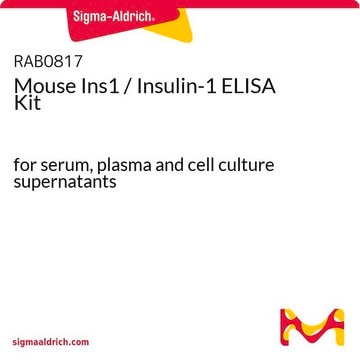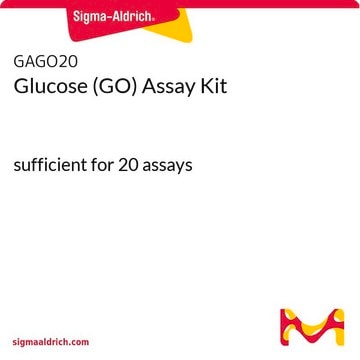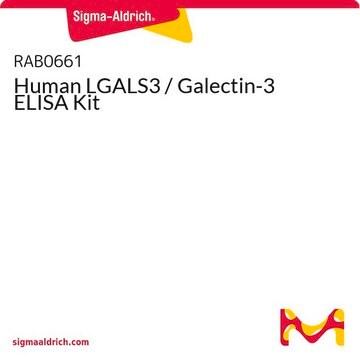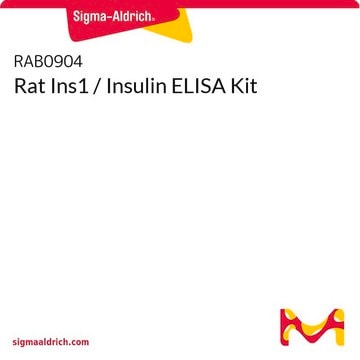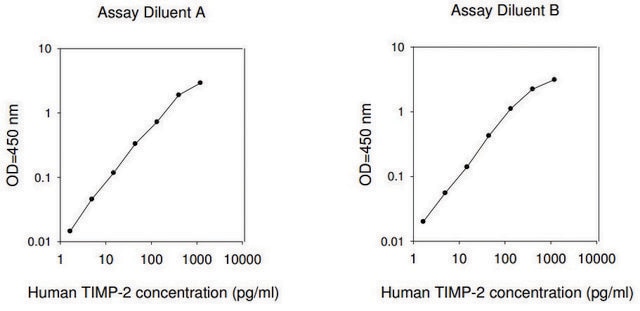RAB0327
Human Insulin ELISA Kit
for serum, plasma, cell culture supernatants and urine
Synonym(s):
Insulin
About This Item
Recommended Products
species reactivity
human
packaging
kit of 96 wells (12 strips x 8 wells)
technique(s)
ELISA: suitable
capture ELISA: suitable
input
sample type plasma
sample type serum
sample type cell culture supernatant(s)
sample type urine
assay range
inter-assay cv: <12%
intra-assay cv: <10%
sensitivity: 4 μIU/mL
standard curve range: 4.69-300 μIU/mL
detection method
colorimetric
shipped in
wet ice
storage temp.
−20°C
Gene Information
human ... INS(3630)
General description
Immunogen
Application
Human Insulin ELISA Kit has been used to determine human insulin and pro-insulin concentration in serum and HAMECs (human adipose microvascular endothelial cells) which were isolated from human visceral fat of nondiabetic patients.
Please refer to the attached General ELISA KIT Procedure (sandwich, competitive & Indirect ELISA)
- to measure the blood levels of human insulin and proinsulin in the transgenic mice
- to measure serum insulin indaibetic rats
- to measure insulin in Multiple Sclerosis patients
Biochem/physiol Actions
Other Notes
Please type the word sample in the text box provided for lot number.
Kit Components Also Available Separately
recommended
related product
Signal Word
Warning
Hazard Statements
Precautionary Statements
Hazard Classifications
Met. Corr. 1
Storage Class Code
8A - Combustible corrosive hazardous materials
Regulatory Listings
Regulatory Listings are mainly provided for chemical products. Only limited information can be provided here for non-chemical products. No entry means none of the components are listed. It is the user’s obligation to ensure the safe and legal use of the product.
EU REACH Annex XVII (Restriction List)
Certificates of Analysis (COA)
Search for Certificates of Analysis (COA) by entering the products Lot/Batch Number. Lot and Batch Numbers can be found on a product’s label following the words ‘Lot’ or ‘Batch’.
Already Own This Product?
Find documentation for the products that you have recently purchased in the Document Library.
Customers Also Viewed
Our team of scientists has experience in all areas of research including Life Science, Material Science, Chemical Synthesis, Chromatography, Analytical and many others.
Contact Technical Service

